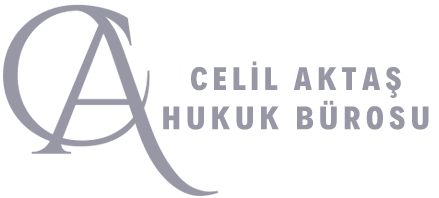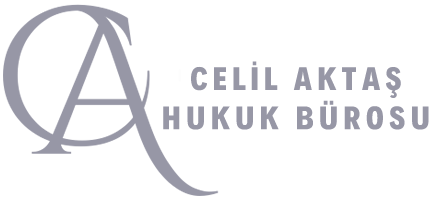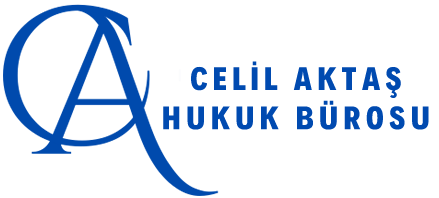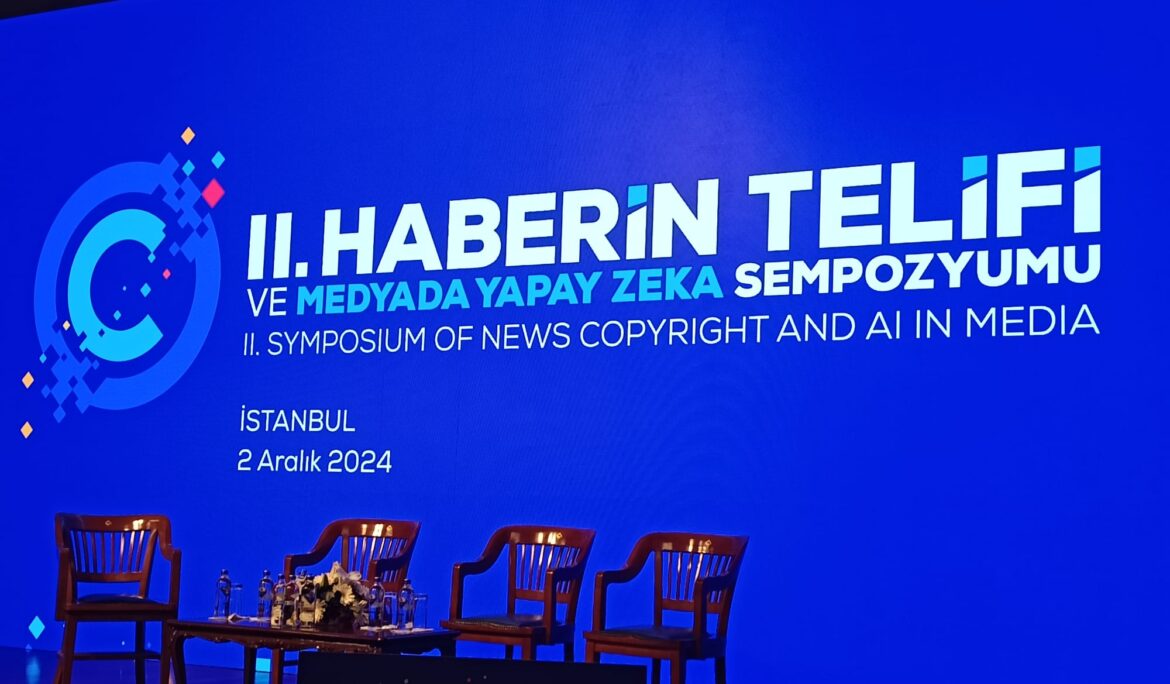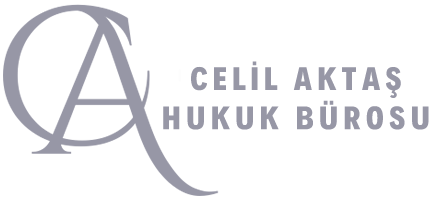The advent of new media has changed mass communication profoundly. That is why today, the rules of analog media are no longer efficient. Copyrights in journalism and finance of journalism are actually results of the advent of new media. All these issues were discussed at the II. Symposium on News Copyright and Artificial Intelligence in Media, which was held at Boğaziçi University in cooperation with Anadolu Agency and with the contributions of the Ministry of Culture and Tourism of the Republic of Turkey.
Mr. Serdar Karagöz, General Manager of Anadolu Agency, was one of the keynote speakers of the symposium. In his speech, he stated that as a society we were going thorugh a process of hyperinnovation and society’s response to this hyperinnovation was a hyperadaptation. Moreover, he mentioned that digital technologies, were once expected to democratize information however, today with the emergence of big-tech such as Google or Meta, information was being monopolized. He then stressed that there was a decline in the quality of journalism both in Turkey and in the rest of the world. As Mr. Karagöz stated this is related with the decrease of profits of news agancies due to the emergence of big-tech so the finance of the media is the most important problem to be solved.
Prof. Dr. Fahrettin Altun, the Head of Communications of Republic of Turkey, was also among the keynote speakers and elaborated these problems in his speech. Firstly, he explained that although journalism was a job which require great labour and courage, current laws that do not cover news by copyright were not compatible with contemporary situation. Mr. Altun stressed that social media giants were benefiting from the news produced by journalists free of charge and so they were exploiting Turkish news agencies and journalists. Mr. Altun stated that legal regulations to protect the copyright of the news and to prevent this exploitation were necessary.
As discussed in detail at the symposium, Articles 36 and 37 of the on Intellectual and Artistic Works Law No: 5346 enable news to be freely quoted. Therefore, unlike other intellectual works, news are not protected covered by copyright protection. This is actually a reflection of Turkish lawmakers who gives priority to the right of information before copyrights. This was how the situation was for a long time. However, today most of circumstances of our information ecosystem drastically changed. Today, because of applications such as “snippets” developed by Google, search engines or generative artificial intelligence tools provide users with information gathered from news sources, without payment. Therefore, serious value gap between the big-tech and journalists appears. Nevertheless, the problem is not limited to a value gap issue. Because of such applications, readers mostly are contending with the response they receive from applications such as snippet. Therefore, they are less prone to the original source even though it was shared with them. This leads to a decline in the number of visitors and revenues of news websites.
In our opinion, the problem is about techno-feudalism and convergence in new media. In terms of media, convergence refers to the merging of several communication mediums devices or technologies into one medium as a result of technological development. For example, a cell phone today almost has no similarities with what Alexander Graham Bell invented. Today, cell phones are not only tools for vocal communication but they also perform the functions of cameras, computers and many other tools.[1] In other words, all these features were converged into one medium. In this context, Google started its life as a search engine, but it has gone far beyond that today with the other services it provides such as Gmail or Google Play. Therefore, applications such as snippets are just another consequence of convergence.
Another aspect of the problem of news copyright is related to techno-feudalism. Techno-feudalism refers to the economic model where large technology companies monopolize the market with the technological tools they provide.[2] In this framework, the big -tech companies (such as Amazon) are analogized to the fiefs of feudal era, while those who sell or provide services on these digital markets are likened to serfs working on the fief’s land.[3] In terms of our subject, Google has created an information space with the access it provides. Today’s journalists mostly reach their audiences through this search engine. However, with the aforementioned developments, Google has gained an advantageous position in the market against journalists and is gradually assuming their functions.
Since journalism is a public profession, this is a fundamental problem for entire society. Therefore, the protection of journalists and journalism is of great importance. In our opinion, we need a solution that will not commodify the news or impose any financial or other burden on the individuals to enjoy their freedom to information. Since the source of the problem is big-tech, the legal regulation should aim to protect journalists from the exploitation of these big-tech.
Consequently, the symposium addressed many issues regarding the problem of news copyright. The impact of artificial intelligence was also mentioned. However, we believe that in coming events, it would better to discuss this issue in terms of convergence and techno-feudalism.
Att. Celil Aktaş, LL.M.
Notes
[1] AKTAŞ, Celil, “İnternet Üzerinden İşlenen Dezenformasyon Suçları”, Seçkin, Ankara, 2024, p. 40-41.
[2]HARRIS, Malcolm, Are We Living Under Technofeudalism?, “Intelligencer”, (28.10.2022), https://nymag.com/intelligencer/2022/10/what-is-technofeudalism.html Access: 03.12.2024.
[3]McMANAGAN, James / STRACHAN, Claudia / FORNO, Micheal, What is technofeudalism and are we living under it?, “abc.net”, (05.11.2023), https://www.abc.net.au/news/2023-11-05/what-is-technofeudalism-and-are-we-living-under-it/103062936?utm_campaign=abc_news_web&utm_content=link&utm_medium=content_shared&utm_source=abc_news_web Access: 03.12.2024.
